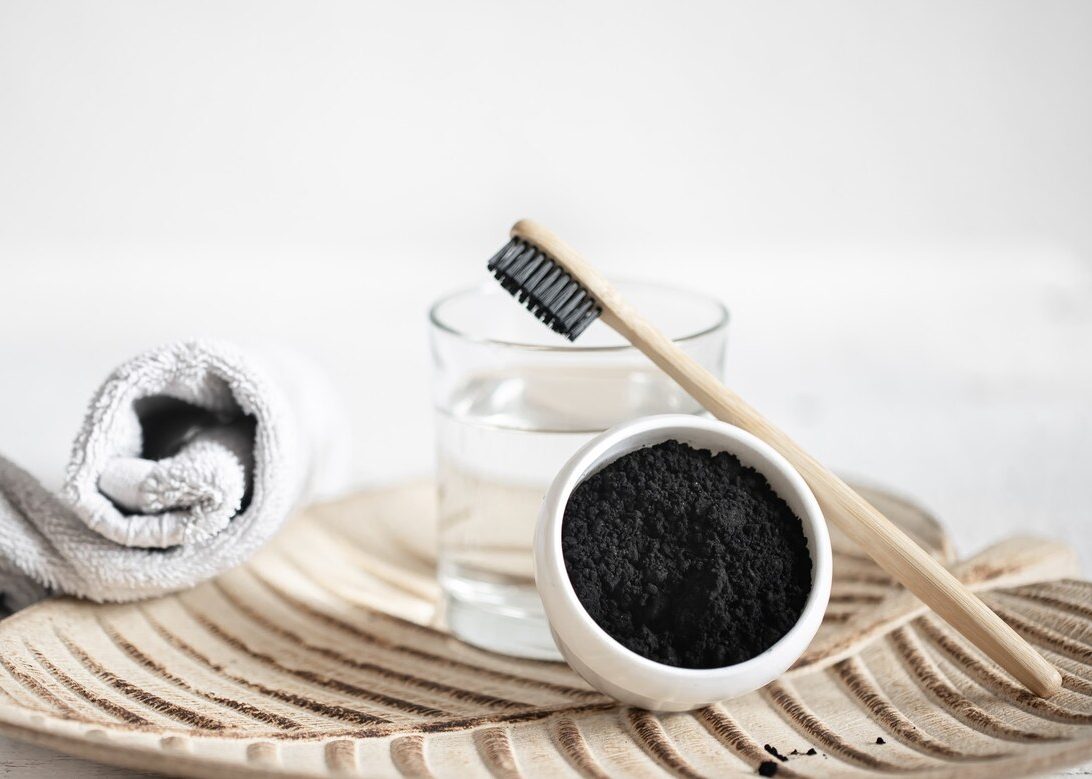Recently, toothpaste containing activated charcoal has gained popularity due to its purported strong teeth-whitening effects. Activated charcoal is known for its high absorption capacity for dirt and plaque on tooth surfaces, attracting many people who wish to achieve a naturally brighter smile. However, is charcoal toothpaste truly effective and safe for long-term use?
Activated charcoal in toothpaste works by binding to small particles, such as stains from colored food and drinks, helping to reduce surface stain appearance. Nevertheless, most charcoal toothpaste products do not contain strong bleaching agents like peroxide, which have been medically proven to whiten teeth. This means that the whitening effects of charcoal toothpaste are more temporary and may not provide optimal results for those with deeper stains.
Furthermore, the daily use of charcoal toothpaste raises concerns. The abrasive texture of charcoal can damage the enamel layer of teeth if used too frequently, making teeth more vulnerable to stains and damage. Thinning enamel not only makes teeth more prone to discoloration but can also increase tooth sensitivity. Experts generally recommend limited use of charcoal toothpaste and advise against replacing fluoride toothpaste with it.
Safer alternatives include non-abrasive natural toothpastes such as those containing green tea extract labeled GAMATOP (Gadjah Mada Toothpaste), developed by FKG UGM students, or propolis-based toothpaste discovered by Prof. drg. Suryono, SH., MM., Ph.D. Another alternative for toothpaste ingredients is cashew tree bark.
Another alternative for toothpaste ingredients is cashew tree bark. While charcoal toothpaste can provide temporary brightening by cleaning surface stains, its effectiveness for long-term whitening remains uncertain. It is important for users to consider the risks to enamel health and select products suited to their dental needs. For those who wish to whiten their teeth safely and permanently, consulting a dentist for appropriate methods is the best approach.
Evaluating the impact of charcoal toothpaste on dental health, particularly in terms of enamel protection and long-term safety, is crucial. Promoting education on the safe use of teeth-whitening products supports efforts to improve oral and dental health, emphasizing the importance of optimal health practices.
The toothpaste industry is encouraged to use ingredients that are not only effective but also safe for long-term use. Educating consumers on the risks associated with improper product use can help society make more responsible choices.
Innovating safer, more effective, and environmentally friendly toothpaste products also supports the Sustainable Development Goals (SDGs), particularly Goal 9: Industry, Innovation, and Infrastructure. With advancing technology, research in dentistry can lead to the development of whitening products that are safe for enamel and non-abrasive. Products based on strong scientific research can meet consumer needs while maintaining long-term health.
Author : Rizky B. Hendrawan | Photo : Freepik

